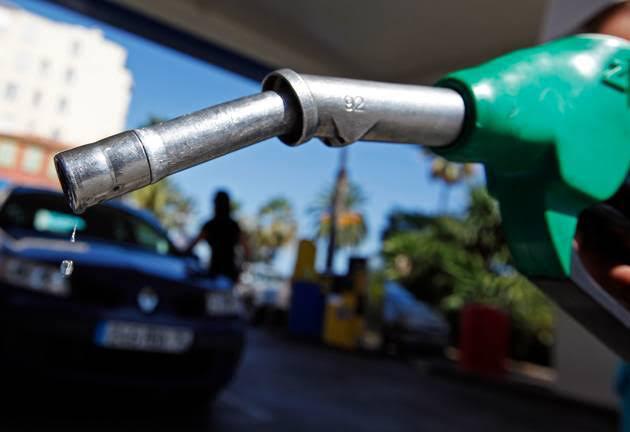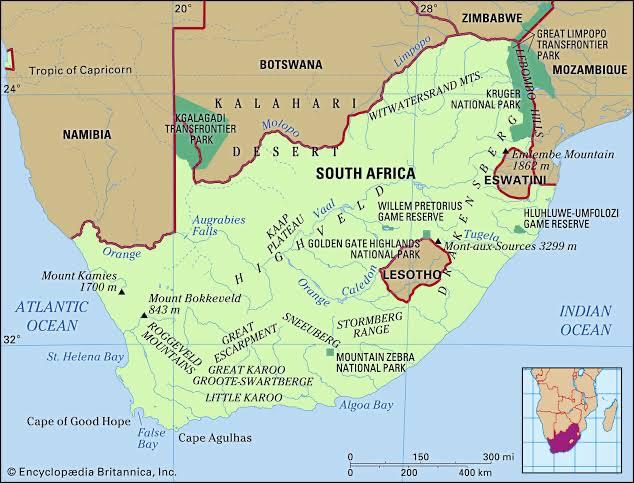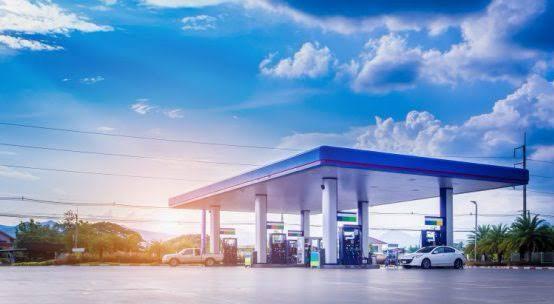The Namibian Ministry of Mines and Energy has declared that from July 7th, 2021, petrol and diesel prices would rise by 40 cents per litre. The Ministry urges fuel consumers to tighten their belts as the country navigates through difficult but manageable economic headwinds, according to the Ministry.
This implies that petrol will cost N$13.55 per litre in Walvis Bay and diesel would cost N$13.58 per litre, with prices across the rest of the country adjusted proportionately.
According to the ministry, on the supply side, oil production discipline among members of the Organization of Petroleum Exporting Countries (OPEC) and other major oil producers, along with a favourable prognosis on the demand side, has ensured an upward trajectory in crude oil prices.
The Namibian Dollar (NAD) strengthened against the US dollar (USD) in June, reaching around N$13.8049 per USD, compared to an average exchange rate of N$14.0426 per USD in May 2021. Furthermore, per barrel prices of gasoline and diesel on the international product market rose considerably from around $76.68 to around $79.75 and from around $73.14 to $77.67, respectively.
In the final Basic Fuel Price (BFP) calculations, a currency appreciation usually lowers the under-recovery level and raises the over-recovery level, whereas an increase in international barrel prices usually raises the under-recovery level and lowers the over-recovery level.
The increase in barrel prices surpassed the exchange rate appreciation, resulting in under-recoveries on the current level of the BFP for petrol and diesel, which implies a 66 cent under-recovery on petrol and a 55 cent under-recovery on diesel.
The National Energy Fund (NEF) will reimburse the full under-recoveries reported for June 2021 on behalf of fuel customers through the equalisation charge, according to the ministry.


